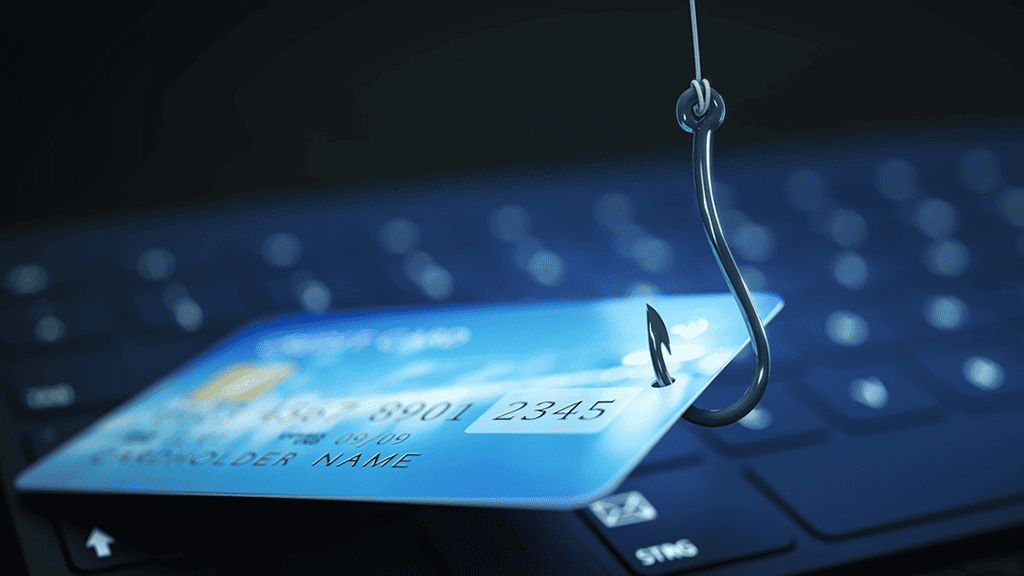
Email has become a vital communication tool for businesses in the modern day. However, it’s also a primary target for cybercriminals who use phishing attacks to compromise sensitive data and gain unauthorized access to networks. Managed Service Providers (MSPs) play a crucial role in defending against these threats with advanced email security strategies.
The Importance of Email Security
Email is a gateway to your organization’s communication, making it a prime target for cybercriminals. Phishing attacks, in which attackers impersonate trusted entities to deceive recipients into taking harmful actions, are prevalent and constantly evolving. MSPs understand the significance of email security and employ strategies to keep businesses safe.
1. Advanced Threat Detection
MSPs implement advanced threat detection tools that analyze incoming emails for signs of phishing attempts. These tools use machine learning and artificial intelligence to identify suspicious patterns and behaviors, helping to block phishing emails before they reach your inbox.
2. Email Filtering and Spam Control
Robust email filtering and spam control are essential components of email security. MSPs configure filters to weed out spam, phishing attempts, and malicious attachments. This ensures that your employees only receive legitimate and safe emails.
3. Employee Training and Awareness
MSPs provide cybersecurity training and awareness programs for employees. This education empowers staff to recognize phishing attempts and respond appropriately, reducing the likelihood of falling victim to these attacks.
4. Multi-Factor Authentication (MFA)
Multi-factor authentication adds an extra layer of security to email accounts. MSPs encourage businesses to implement MFA, requiring users to provide multiple forms of verification before accessing their email. This significantly reduces the risk of unauthorized access.
5. Regular Software Updates
Outdated email software can be vulnerable to cyber threats. MSPs ensure that email systems and associated software are up to date with the latest security patches, minimizing vulnerabilities.
6. Email Encryption
MSPs enable email encryption to protect sensitive data in transit. This ensures that even if intercepted, email contents remain secure and confidential.
7. Incident Response Planning
Preparation is key to mitigating the impact of a phishing attack. MSPs help businesses develop incident response plans that outline the steps to take in the event of a successful phishing attempt, ensuring swift and effective containment.
8. Real-Time Monitoring
MSPs provide real-time monitoring of email traffic to detect anomalies and suspicious activities. Any unusual patterns are promptly investigated to prevent potential threats.
Conclusion
Email security is a critical component of modern business operations. With the ever-present threat of phishing attacks, businesses must adopt proactive strategies to protect their data and networks. Managed Service Providers play a pivotal role in defending against these threats by implementing advanced email security strategies.
By leveraging advanced threat detection, email filtering, employee training, MFA, regular software updates, email encryption, incident response planning, and real-time monitoring, MSPs create a robust defense against phishing and cyber attacks. These strategies not only protect your business but also provide peace of mind in an increasingly digital and interconnected world.
Don’t leave your email security to chance. Partner with an MSP to fortify your defenses and keep your business safe from phishing threats in the digital age.
